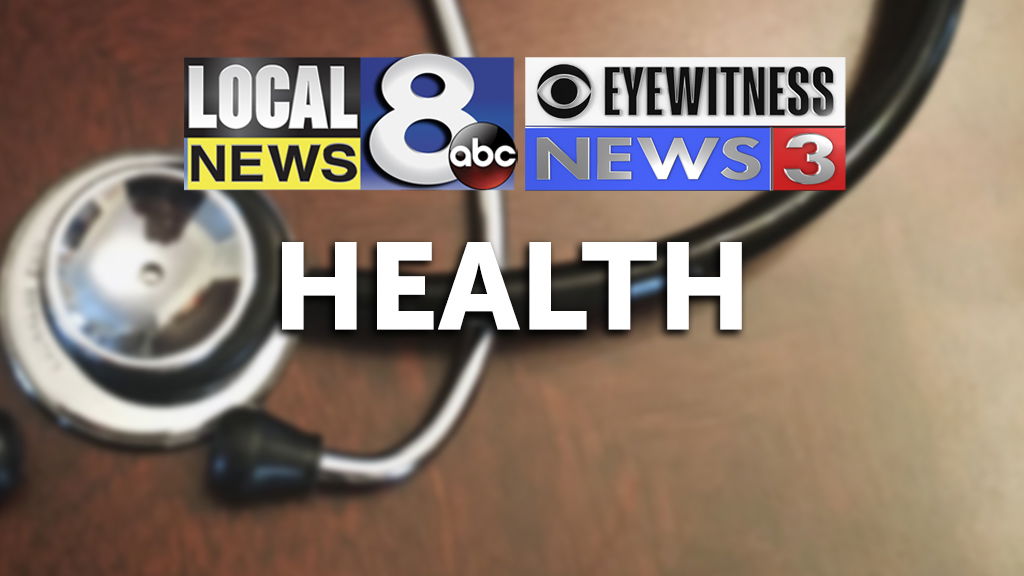CDC updates its Covid-19 guidance for childcare programs

The US Centers for Disease Control and Prevention on Friday updated its guidance for childcare programs during the pandemic, emphasizing the importance of mask-wearing for everyone 2 years of age and older, as well as air ventilation and other strategies.
“Early last year, CDC released initial guidance for childcare programs during Covid-19. As we learn more about the virus, CDC experts updated that guidance several times throughout 2020,” CDC Director Dr. Rochelle Walensky said during a White House briefing on Friday.
“Today, CDC is again releasing updated guidance based on the most recent science,” Walensky said. “That science includes additional evidence showing that, when used consistently and correctly, prevention strategies such as mask-wearing, staying home when sick, and good hand hygiene can allow childcare programs to operate safely and reduce the spread of Covid-19.”
The guidance also calls vaccines “an important tool” to help stop the pandemic.
“I also want to stress that our childcare guidance emphasizes the importance of Covid-19 vaccination as an additional layer of prevention for childcare workers,” Walensky said. “I strongly encourage America’s childcare workers to get vaccinated.”
Last week, the US Department of Health and Human Services directed Covid-19 vaccine providers to make vaccine doses available to education and childcare workers.
The childcare guidance, updated on the CDC’s website on Friday, notes that “even after childcare providers and staff are vaccinated, there will be a need to continue prevention measures for the foreseeable future, including wearing masks, physical distancing and other important prevention strategies outlined in this guidance document.”
The guidance recommends that everyone in a childcare setting 2 years of age and older should wear a mask, except when eating or sleeping. Masks should not be a substitute for physical distancing, and CDC does not recommend face shields or goggles as a substitute for masks.
The guidance “also highlights strategies such as cohorting, where groups of children are kept together with the same peers and staff to reduce the risk of spread throughout the program,” Walensky said.
The guidance also recommends increasing air ventilation by opening doors and windows when safe to do so, and it provides recommendations on how to adapt settings for children with disabilities and special needs, as well as ways to make communal spaces, eating areas and play areas safer during the pandemic.
The $1.9 trillion Covid-19 relief bill that President Joe Biden signed into law on Thursday includes funding for childcare programs, which can applied to implementing the recommended Covid-19 safety measures, Walensky said during Friday’s briefing.
“The American Rescue Plan, signed by the President yesterday, includes $24 billion in emergency funding to help support childcare providers,” she said. “This funding can be used to pay for rent, utilities and staff, but also to help childcare providers implement Covid-19 prevention strategies.”
The updated guidance for childcare programs comes about a month after the CDC previously released guidelines for reopening schools, focusing on five key Covid-19 mitigation strategies: the universal and correct wearing of masks; physical distancing; washing hands; cleaning facilities and improving ventilation; and contact tracing, isolation and quarantine.
Vaccines and testing were not among the “key” strategies the agency laid out. The guidance instead called them “additional layers” of Covid-19 prevention.
When it comes to childcare programs, the CDC’s newly updated guidance “includes strategies that childcare programs can use to maintain healthy environments and operations, to lower the risk of Covid-19 clusters in their programs, to prepare for when someone is sick with Covid-19, and to support coping and resilience for their staff and children and parents they serve,” Walensky said.
“This updated guidance is intended for all types of childcare providers including childcare centers, family childcare homes, Head Start programs and pre-kindergarten programs — and is meant to supplement, not to replace, other laws, rules or regulations that childcare programs must follow,” Walensky said. “Recognizing that guidance can sometimes be complex. We are also releasing a suite of complimentary resources, infographics and toolkits to help programs with implementation.”
